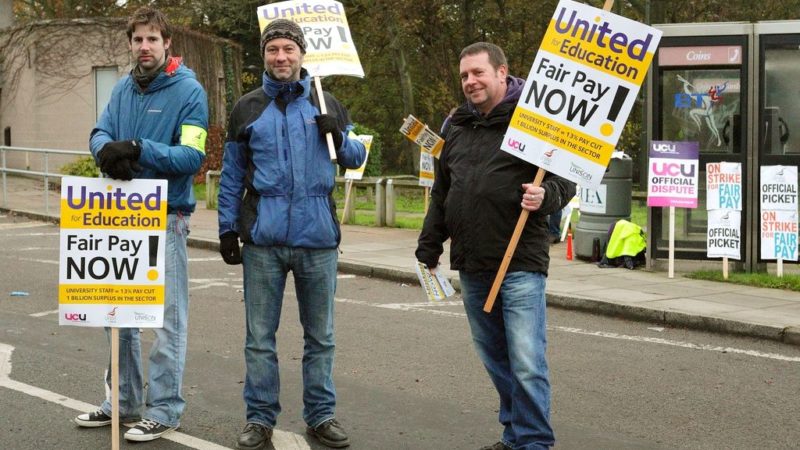More economic democracy – union power, workers’ rights, decentralisation of and democratic engagement in decision-making – creates better productivity and a stronger, more secure economy.

It’s often been observed that our current economic system appears to make different assumptions about the 1% and the rest of us.
It is assumed that they’ll only work hard and do their best if awarded with astronomical pay levels and bonuses, while the rest of us will do our best when squeezed to the bone with low pay and insecurity, forced to labour all hours just to make ends meet.
Cutting the power of trade unions and the rights of workers to allow that to happen will, it is gleefully assumed, improve competitiveness and productivity. It’s the “flexible workforce”.
There’s now a powerful data-based counterweight to that argument, the Economic Democracy Index (EDI), a mammoth work of scholarship compiled by academics from the Adam Smith Business School at the University of Glasgow. (Yes, feel the irony.) It was presented at an event at the New Economics Foundation last week.
The index compares the 32 OECD countries on not just standard measures such as trade union rights and levels of cooperatives, but broader figures on individual economic rights, levels of public participation and the nature of economic decision-making.
The results are what you might expect: the northern model of “social” capitalism, as epitomised by the Scandinavian states, comes at the top of the rankings. America with its lack of protections and extreme neoliberalism is at the bottom, and Britain comes a less than shining 20th.
But what’s perhaps the most interesting conclusion is the link between poverty, inequality and productivity – relatively democratic countries do well on all three, those with poor EDI ratings do poorly.
More economic democracy – union power, workers’ rights, decentralisation of and democratic engagement in decision-making – creates better productivity and a stronger, more secure economy. As the Green Party has long been saying.
This confirms what common sense suggests to anyone not blinded by the neoliberal ideologies of homo economicus.
Workers who aren’t worrying about meeting their basic needs, who aren’t scurrying from zero-hours contract to zero-hours contract, who have reasonable confidence that their job (and employer) will still be around next week, can focus on doing that job, not worrying about the future. If they feel valued, they’ll value their job and employer, and go the extra mile. If they have money in their pockets, they’ll be able to support local economies.
The report presented last week outlines some case studies of good practice, including strong support for the income of the unemployed, as in Denmark, unlike our miserly job-seekers’ allowance and punitive sanctions regime.
And in Slovenia, which ranks higher than many of its neighbours, there’s a high level of gender equality and a strong system of state-supported child care.
The academics conclude Britain falls short on the decline in collective bargaining and ownership, on an overpowerful Westminster, on lack of democracy. (With 68% of votes not counting in the last election, we don’t have democratic control over any aspect of life).
But most crucial of all is improving employment rights and income levels.
The Index supports the argument that restoring the rights of unions, and making the minimum wage a real living wage (and paying it to all workers, not just those over 25), are not just crucial for tackling inequality, they are also crucial for the future strength of our economy.
The academics have also looked at how it has changed over time. And concludes that in most places, particularly Britain, scores have declined significantly since the financial crash. We’re all poorer – and the Brexiteers were right to want to take back control, although pointed at the wrong direction: the problem is Westminster, not Brussels.
Natalie Bennett is the former leader of the Green Party of England and Wales
To reach hundreds of thousands of new readers we need to grow our donor base substantially.
That's why in 2024, we are seeking to generate 150 additional regular donors to support Left Foot Forward's work.
We still need another 117 people to donate to hit the target. You can help. Donate today.



